
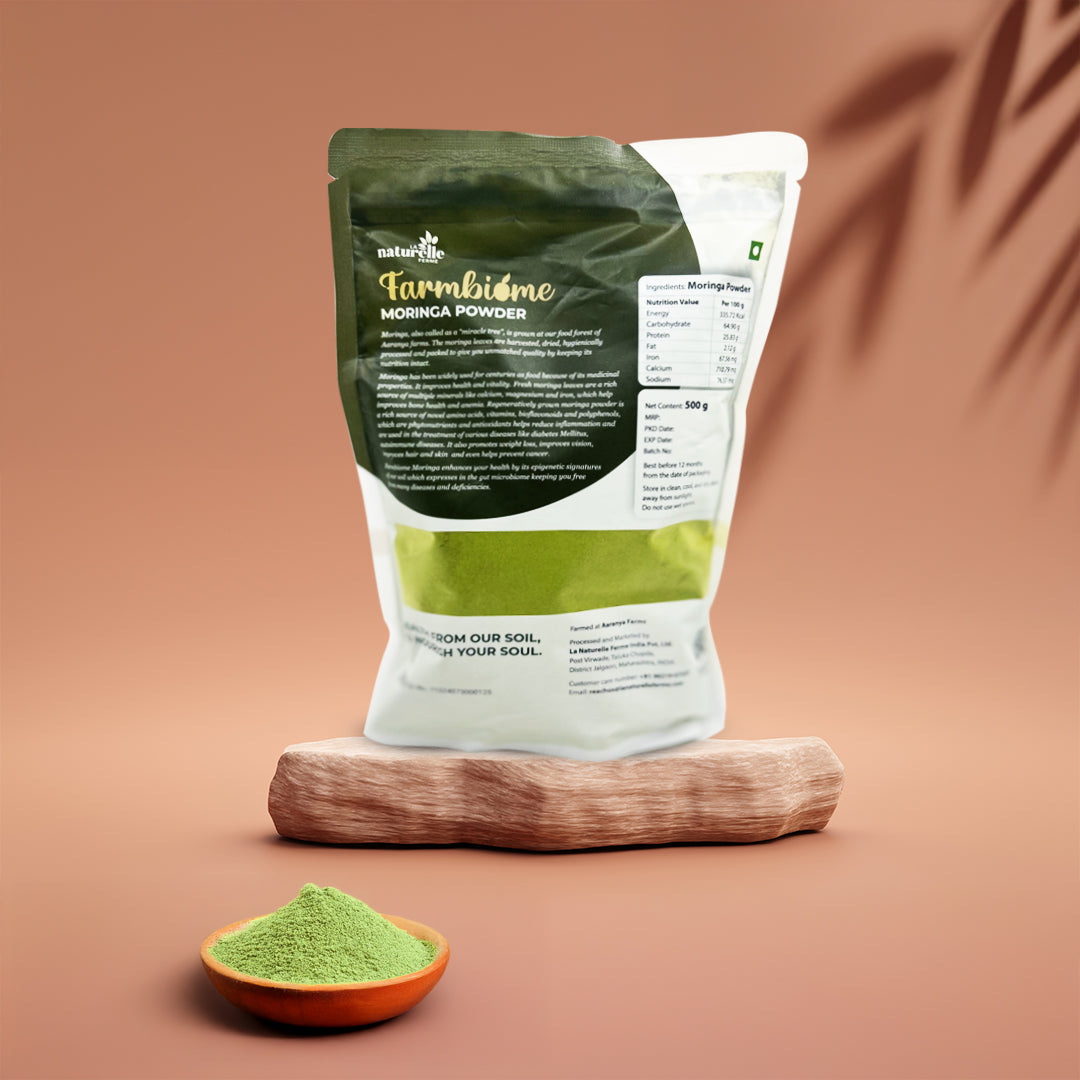
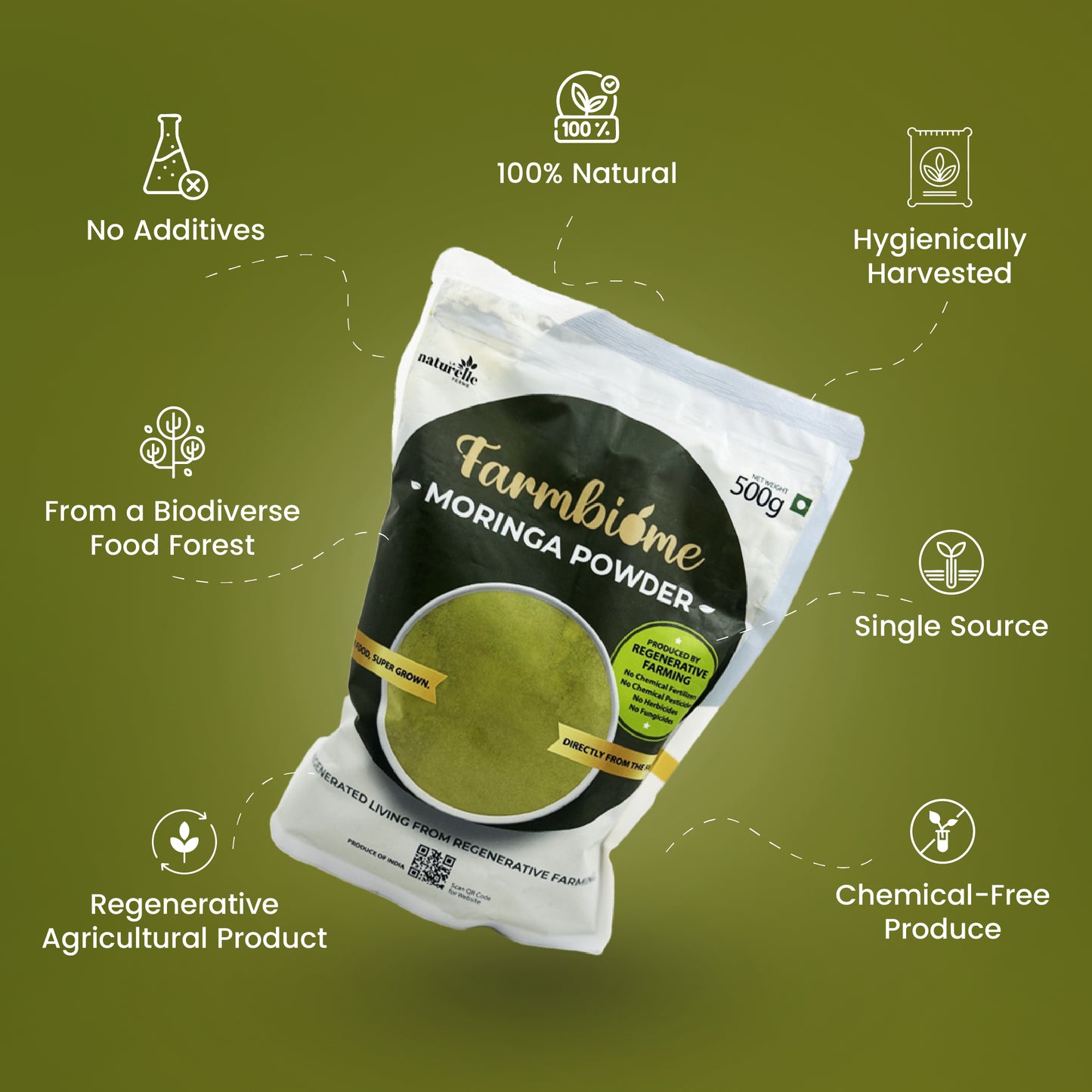
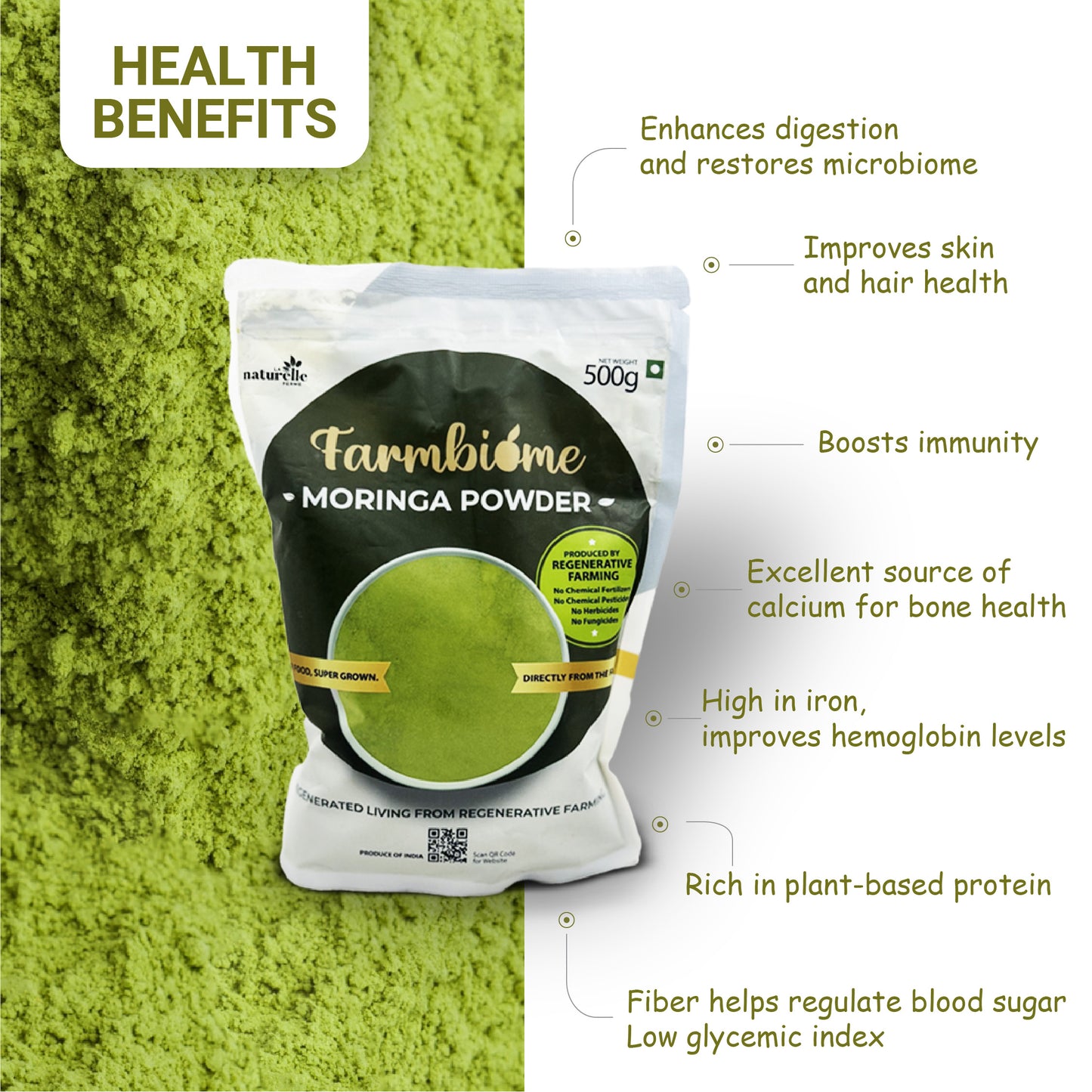
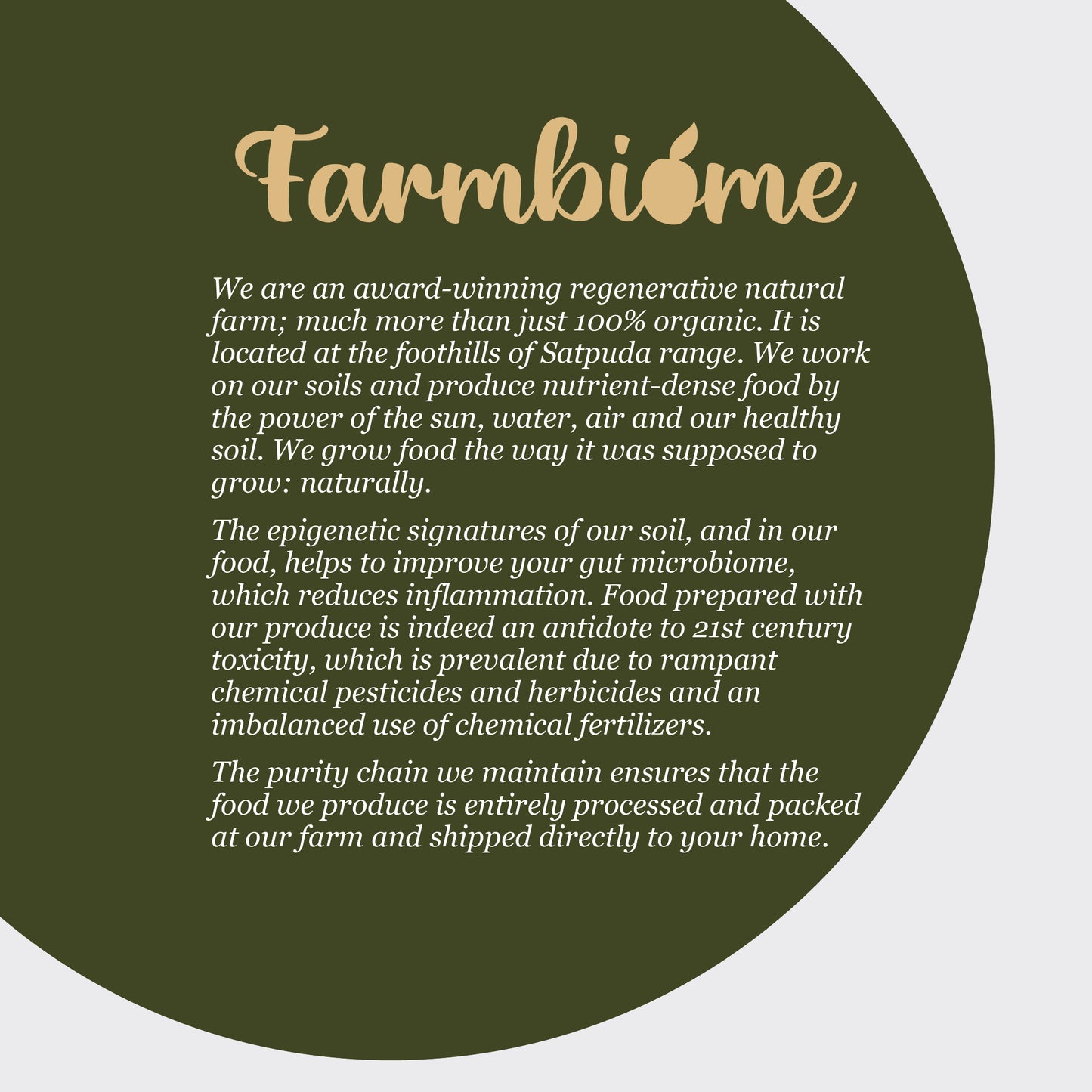
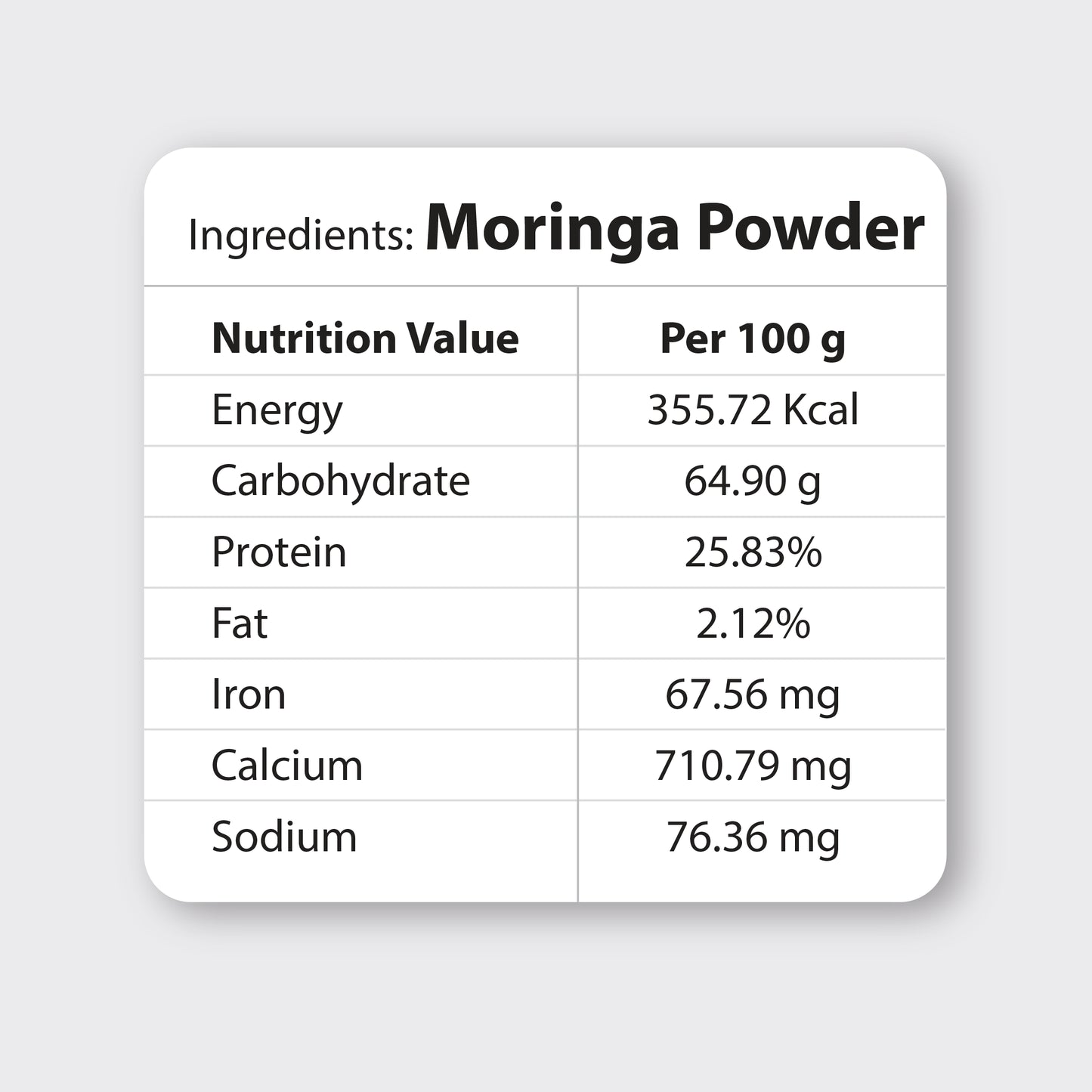
-
Nurturing growth
-
Environmental care
-
Eco Protection
-
Regenerative Farming
Frequently Asked Questions
Regenerative farming is a method of agriculture that focuses on restoring and improving soil health, biodiversity, and ecosystem resilience.
Regenerative farming uses fewer chemical inputs and monoculture, and instead emphasizes diverse cropping systems, minimal tillage, and natural pest management
Regenerative farming can improve soil health, increase crop yields, and reduce greenhouse gas emissions.It can also help to conserve water, boost resilience to extreme weather, and promote economic viability.
A healthy microbiome can reduce the risk of obesity, heart disease, diabetes and cancer. If your gut is trying to tell you something, try altering the microbiome with changes to your diet. Avoid a high-fat diet and limit processed foods.
Indeed, daily diet is the most important factor affecting the composition of the human gut's microbiome. Consuming a diet composed of energy-dense and highly processed foods, as well as emulsifiers and artificial sweeteners, appears tocompromise the barrier lining the human gut.







